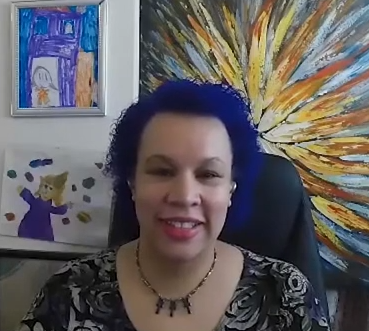Community college accused of targeting ousted equity director

A former faculty director is accusing a California community college of targeting her for her viewpoints and not catering to the “woke” ideology of gender pronouns and other issues.
Tabia Lee, who is black, said that De Anza College and her colleagues did not appreciate her questions about issues such as “anti-racism” (the Left’s buzzword to describe anti-black racism), the college’s land acknowledgements to a Native American tribe, her refusal to join a network of socialists and refusal to use gender pronouns, an attempt to bring a “Jewish inclusion” event to the community college, and allegedly lacked respect for a co-founder of the Black Lives Matter movement.
As Inside Higher Ed reported, Lee used to work as the faculty director for the community college’s Office of Equity, Social Justice and Multicultural Education. De Anza College is located in Cupertino, California, which is west of San Jose.
Lee said that her colleagues maligned her for not joining in on their personal political activism.
For example, referring to the use of gender pronouns, Lee wrote, “I no longer participate in gender pronouns because I find that the same toxic ideologies around race ideologies are now being advanced under gender ideologies; I also find that the constant obsession with pronouns and declaration of pronouns causes deep discomfort for individuals who identify as gender fluid or who struggle with gender dysphoria.”
She was accused of supporting white supremacy, “white speaking,” and “whitesplaining,” even though she is a black woman.
When asked to comment, the college said, “Without commenting on any specific matter, we can share that faculty members have comprehensive due process and appeals rights both under the law and negotiated through their bargaining unit.”
Lee was not retained as a contract employee and a college official, Judy Miner, noted that Lee displayed a “persistent inability to demonstrate cooperation in working with colleagues and staff” and she showed an “unwillingness to accept constructive criticism.”
As of publishing, Lee has not sued De Anza College over her termination.
It is a good reminder that diversity, equity, and inclusion (DEI) initiatives are commonplace, if not widespread, throughout higher education in the United States. Conservatives point to DEI offices and staff as a waste of taxpayer dollars and resource, while liberals argue that DEI is important to rooting out racism and white supremacy.
But, as Lee’s case suggests, DEI orthodoxy may not like to be criticized from within.




